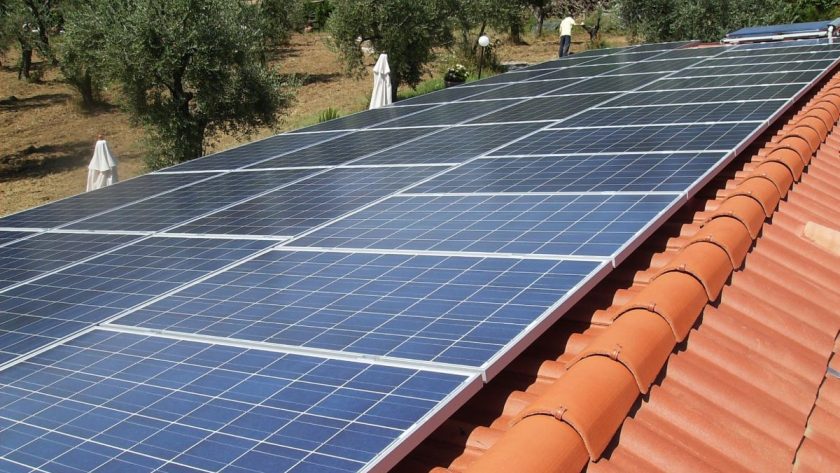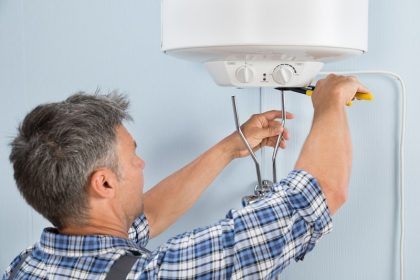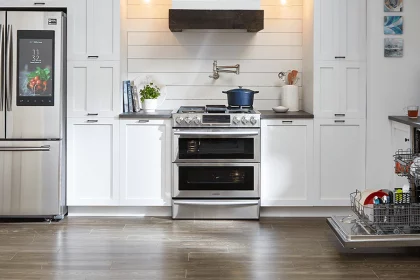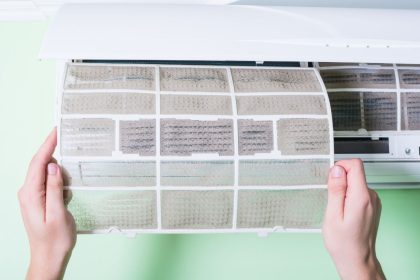You’ve done plenty of research about going solar in general, and you’re beginning to develop a short list of companies that provide residential solar panel installation. But what’s the next step?
Do you pick the first company you come across in your Google searches? Should you run the list of companies you come up with by a family member, who works in the field, or a close friend with impeccable judgment?
And, of course, before you install solar panels in your home, you need to know what to look for when you meet with a potential solar panel installation company.
That’s why we’ve created this simple guide to installing solar panels in your home. If you’re ready to switch to solar power and ditch your utility bill for good, this is where you need to be.
Determining Your Home’s Solar Potential
Before installing solar panels in your home, it is important to understand your home’s solar potential. Start by assessing your household’s energy needs and habits so you know what kind of system to look for.
Then consider things like:
- site orientation
- average sunshine received
- shading of your house
- size, type, and quality of the modules
- mounting direction
- appropriate tilt angle
Evaluating your energy needs and understanding how much power your given site can produce is essential to determine your home’s solar potential. Also, to make sure you’re making an informed decision, consider talking to a professional who will help you review all these aspects and figure out which type of system is best for you.
Understanding the Costs Associated to Install Solar Panels
It’s important to understand the costs associated with them. It’s essential to research various solar financing options to determine the one that’s right for you. It’s important to factor in hidden costs such as permits, installation fees, and other energy upgrades that could potentially increase your cost.
Also, be aware of the maintenance cost – both on the panels themselves and in terms of the equipment associated with them. Before getting solar panels, ask yourself what your electricity needs are and if solar technology is a good fit. Consider whether the panels will be placed on the roof or the ground.
Having an understanding of all of these factors helps you make the most informed and beneficial decision for your solar panel needs. Get more information here on solar home installation providers.
Researching Maintenance and Upgrades
Homeowners should do research into the maintenance and upgrades that may be necessary. It is essential to know if a solar array panel needs regular maintenance. And if upgrades will be needed to keep the panels running effectively and efficiently.
Check what type of warranties and what replacement components (like batteries and inverters) are available to replace any that are malfunctioning or outdated. Research the cost of any future upgrades and any fees charged for maintenance or repair.
Identifying Structural and Weather Considerations
Identifying structural and weather considerations is an important part of preparing to install solar panels in your home. The panels need to be placed on a structurally and physically sound roof. As the combined weight of the panels and mounting hardware can be considerable.
Potential hazards to avoid include trees that may cast shadows on the panels. Anything that may obstruct the direct sunlight the panels need to perform their function.
Check that your roof is adequately insulated to reduce any unwanted heat loss and for a more efficient energy transfer. Assess your roof’s angle, orientation, and pitch to determine if adjustments need to be made for optimal capture of sunlight.
You’ll need to investigate your local climate and the types of weather it is susceptible to. This will ensure your panels are properly mounted and secured against high winds, extreme temperatures, and heavy precipitation. All of these measures need to be taken into consideration before the installation of solar panels.
Evaluating Solar Panel Incentives and Tax Breaks
Another important thing is to evaluate solar panel incentives and tax breaks. Many states have adopted initiatives to help promote solar energy, and these incentives can save you money over the lifetime of your system. It is important to weigh the pros and cons of each program and determine if it is the best option for you.
You should also be aware of any federal and state tax credits for solar energy systems. The IRS offers tax credits for installing residential solar systems that can be applied toward income tax liability.
Be sure to consider any state rebates for energy efficiency upgrades and any grants you may qualify for. Taking advantage of these incentives and breaks can save you a substantial amount of money on future energy costs.
Understand the Laws and Regulations Governing the Installation
The laws and regulations governing the installation of solar panels vary from place to place. Before installation, it is vital to understand the applicable legal requirements in your area. They can greatly influence the design and installation process.
Some of the typical regulations you may need to be aware of include building permits and zoning regulations. Also, the restrictions on roof attachment, utility connection rules, and local safety codes.
Understanding them can help ensure that they will comply. To be able to meet the requirements of your local government.
Research and Plan for Better Results
An excellent way to reduce your carbon footprint and electric bills in your home are to install solar panels. Researching and planning are key components of the installation process. So, make sure you know what’s involved before you move forward.
Get in touch with a local solar company and take the first positive step towards a greener solar home.
Want to learn more about taking care of your home on a budget? Check out our latest collection of informative and interesting articles on home maintenance and hacks!





